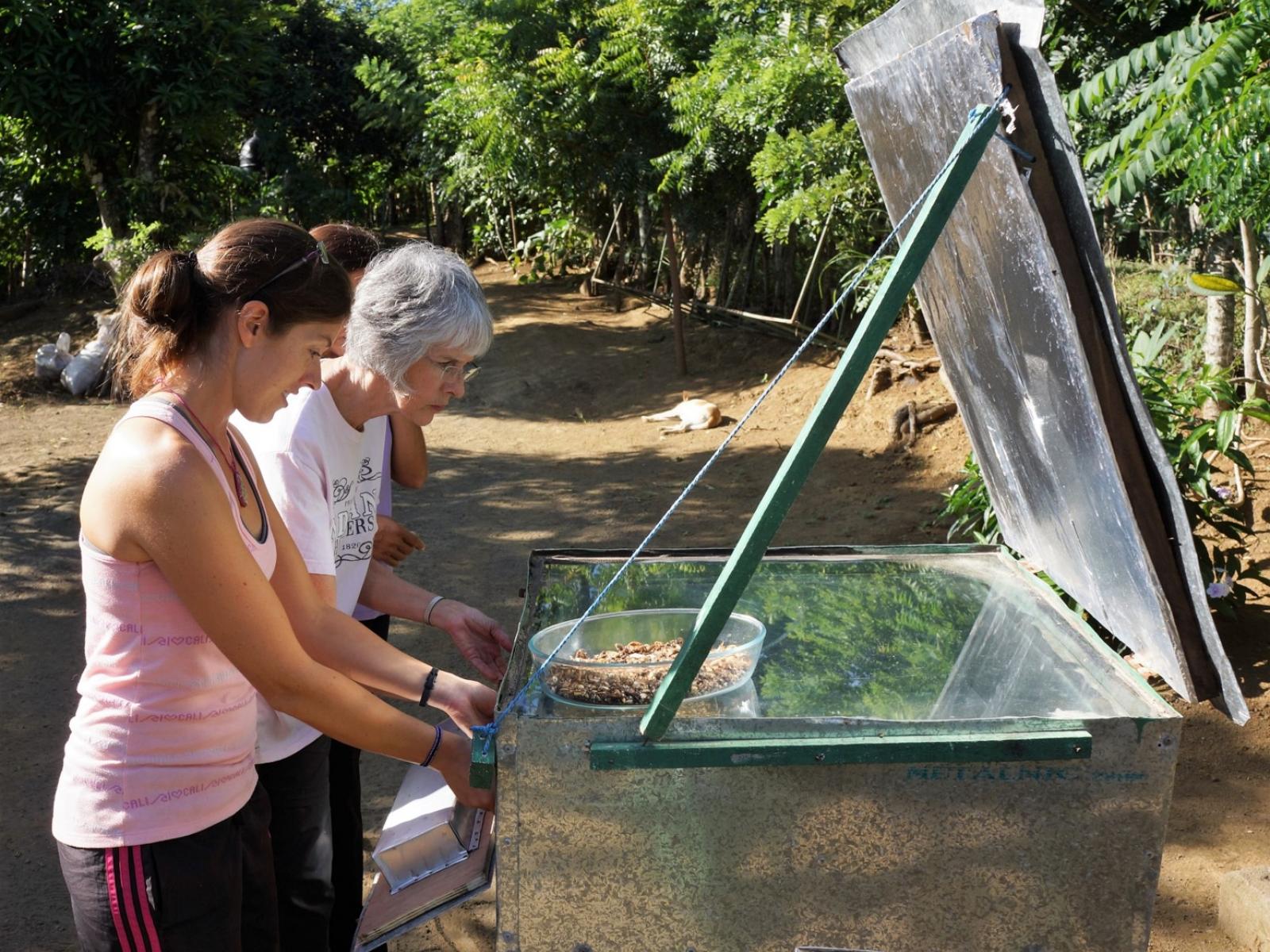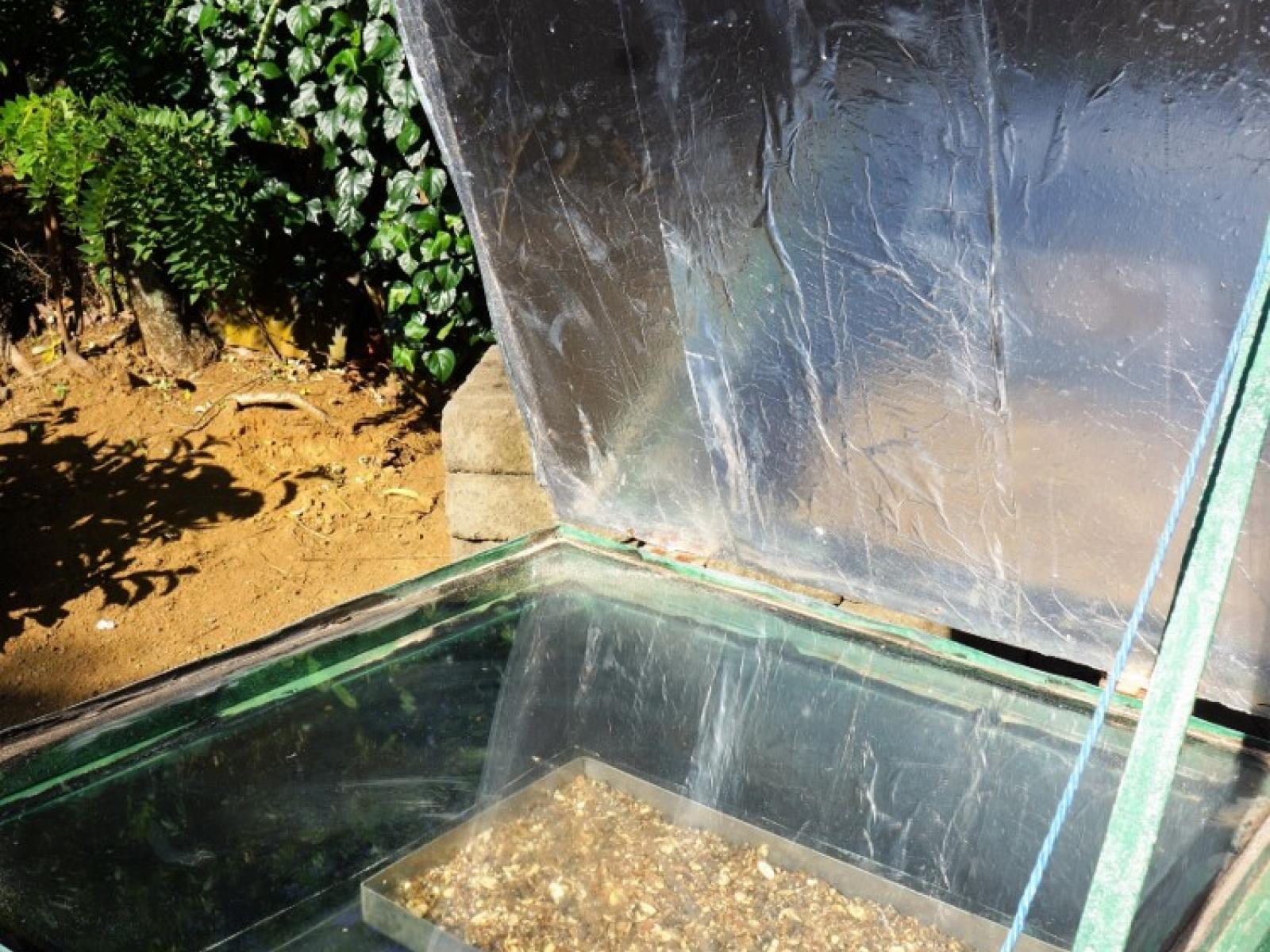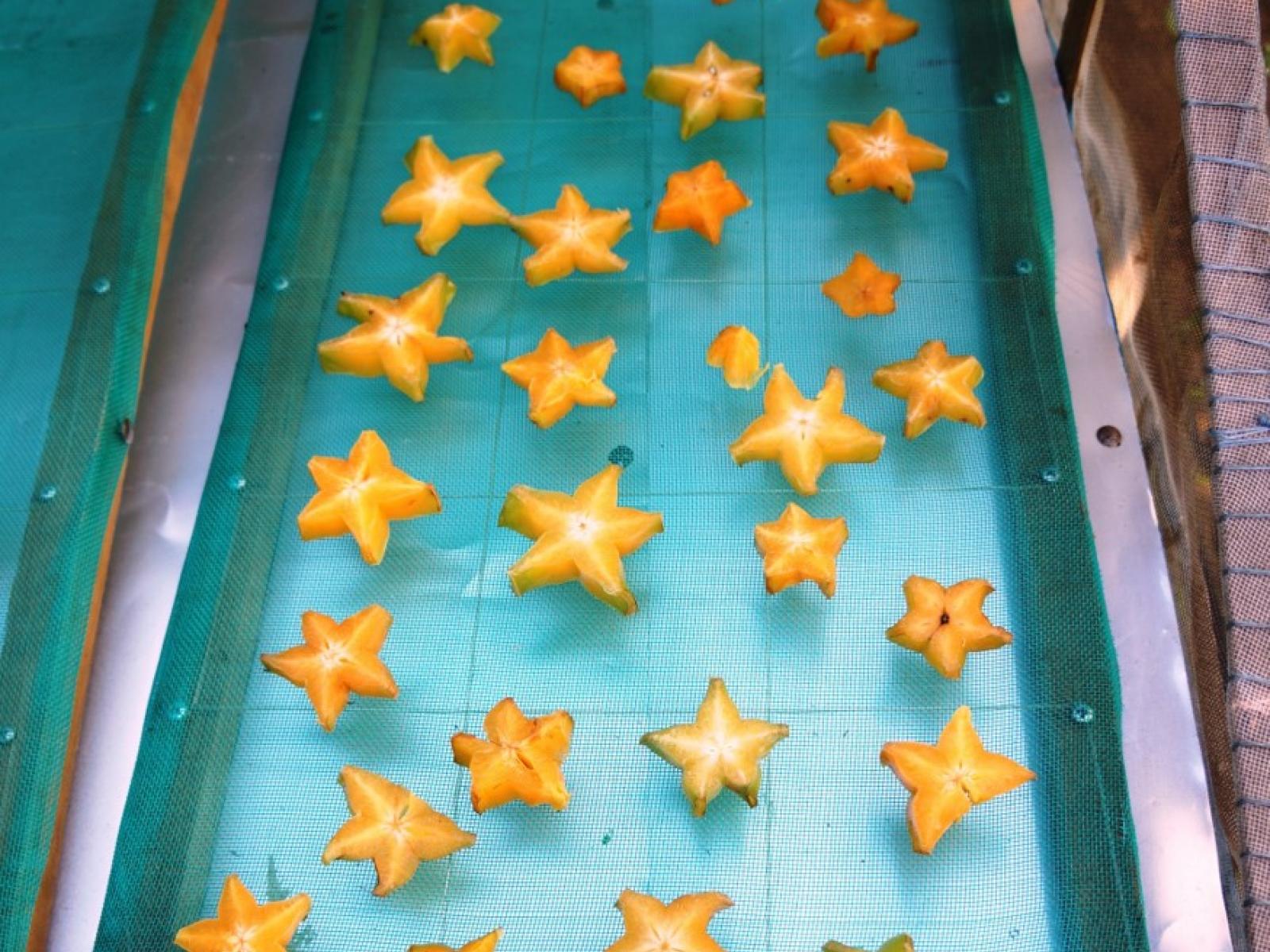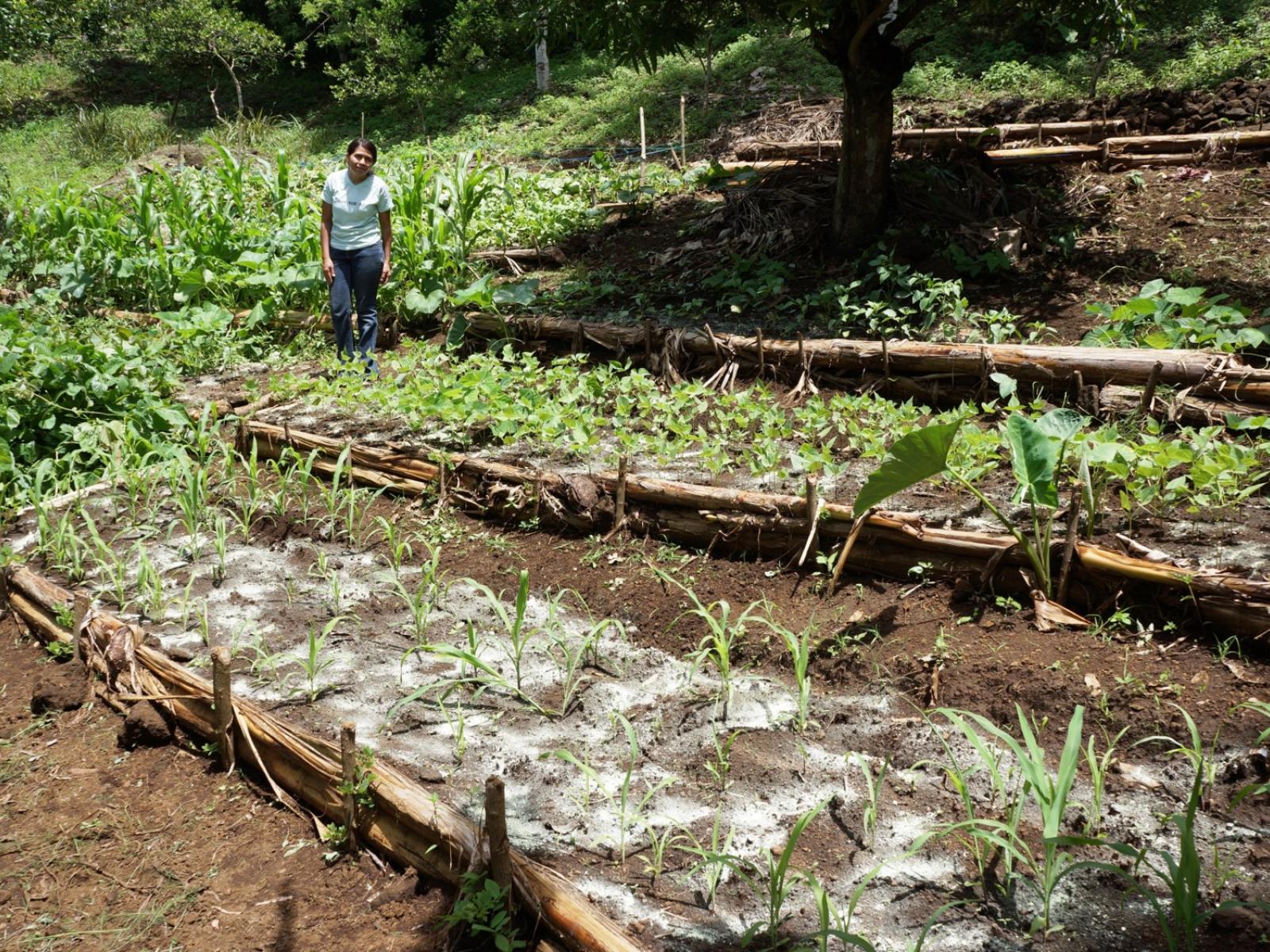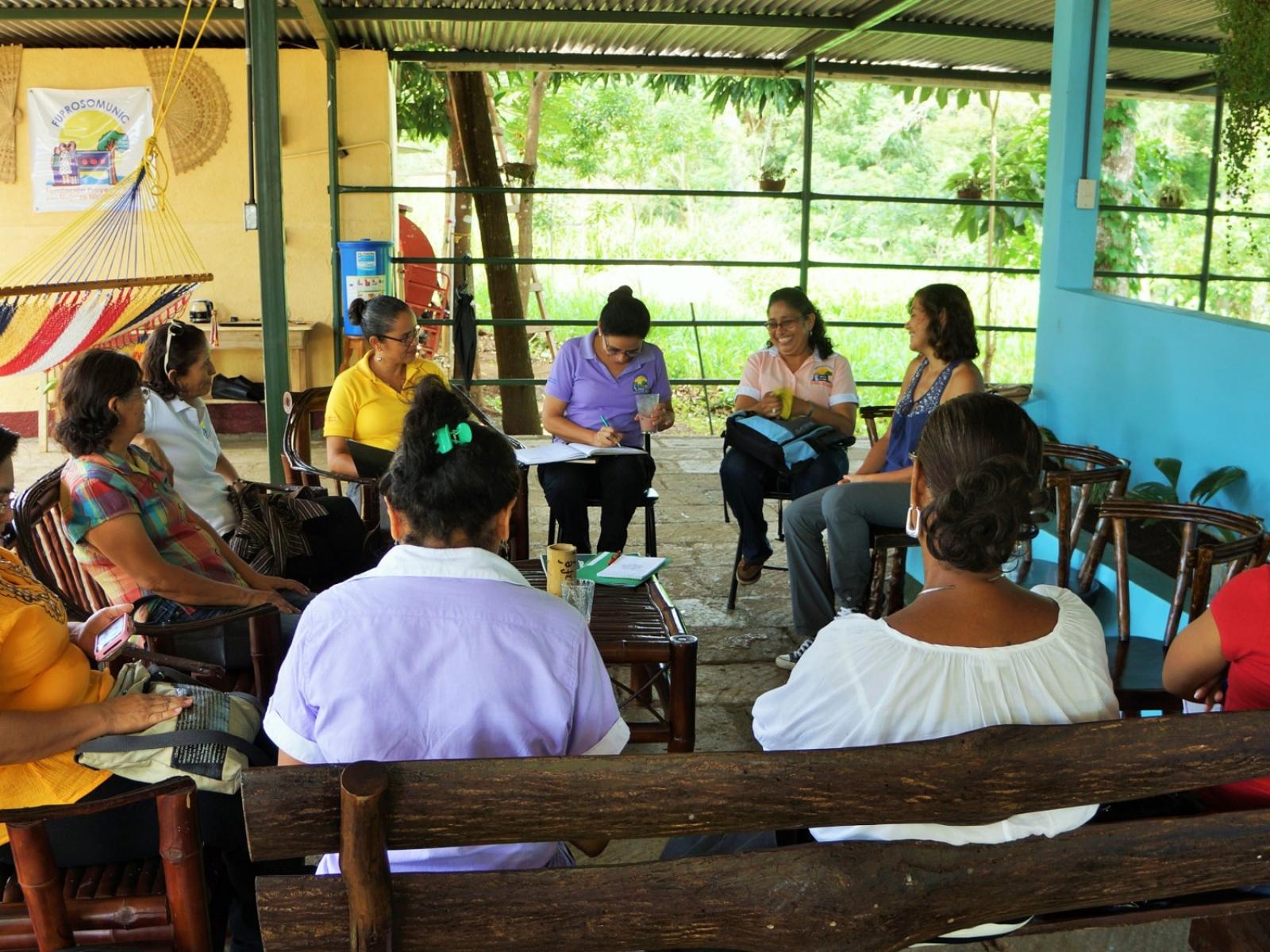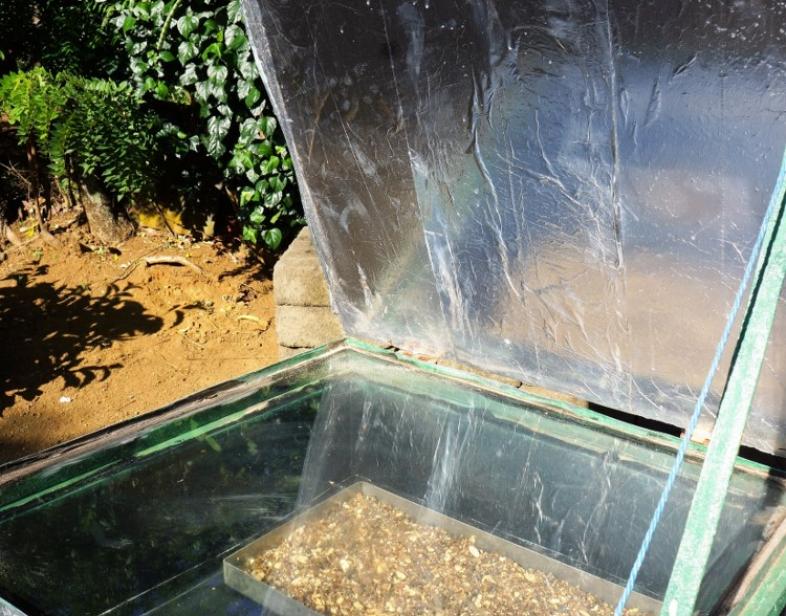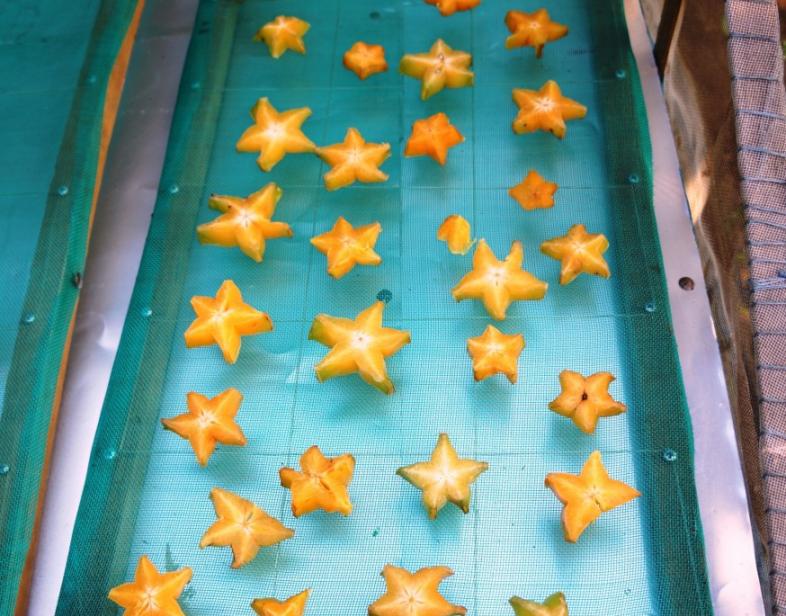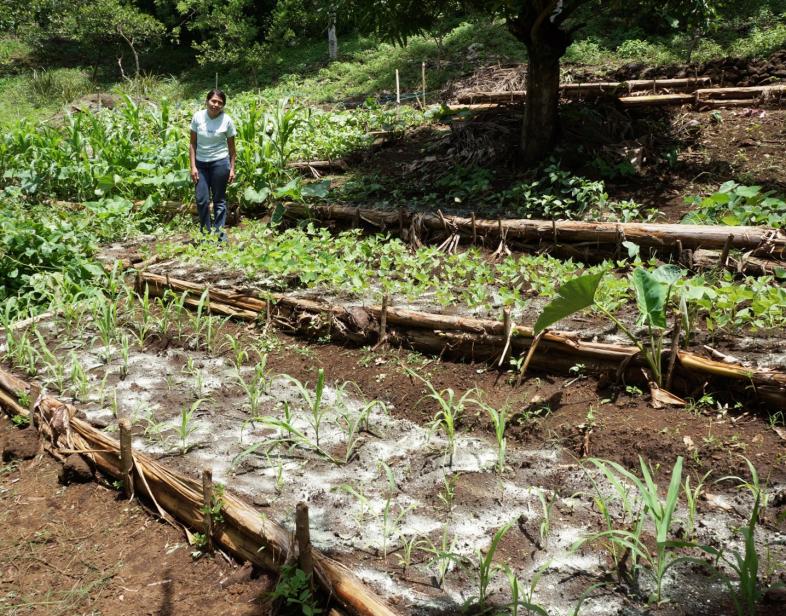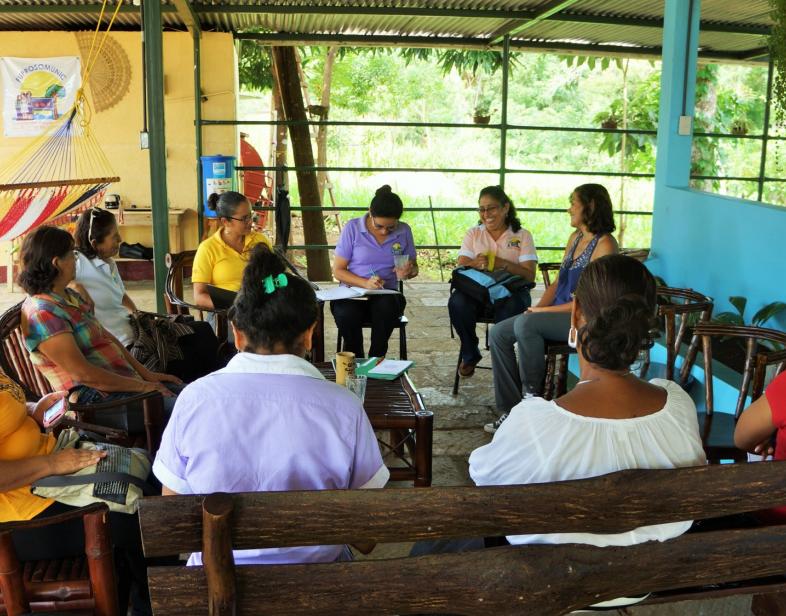An Overview Of Our Solution
FUPROSOMUNIC is the Spanish acronym for the non-profit Solar Women of Nicaragua. Our organization works on sustainable and environmental methods to improve the quality of life for impoverished rural families, specifically by promoting use of solar ovens, wood-conserving stoves, clean water strategies and home gardens. The solution we are submitting is for a systemic project to provide families with solar ovens and wood-conserving stoves to improve air quality in the home, training in garden methods and nutrition to improve health, & workshops on related topics such as potable water and child care. Solar Women of Nicaragua holds trainings of 1-2 weeks where women participate in building their own solar oven & setting up a home garden, thereby learning basic construction & small-scale agriculture skills while also taking workshops on health and gender topics.
- Population Impacted: 50 direct beneficiaries, 250 indirect beneficiarie
- Continent: North America
Context Analysis
Nicaragua is the second-poorest country in the western hemisphere with a recent political crisis causing further hardship, especially for the rural half of the population that lives below the UN poverty level of $1 per day. Solar Women of Nicaragua works within a context of what is most effective for improvements in day-to-day life yet also improves the environment. That includes an education component, but not of a formal classroom nature that would be ineffective. Instead, we ask groups of ten women to work with us in hands-on workshops to build solar ovens and establish home gardens. These workshops also impart knowledge on topics that make quality of life better, such as nutrition, child care, potable water, gender issues and other themes. We have built over 900 solar ovens through this participatory process, and the more recent gardens program has established over 50 gardens, making use of the bio-intensive soil improvement method to ensure family-level food production.
Describe the technical solution you wanted the target audience to adopt
Solar Women of Nicaragua builds its ovens in conjunction with women from the community. The requirement is for participants to learn basic carpentry skills during workshops that last from two days to two weeks. Within this time frame, participants also receive classes on nutrition, water purification, child care and other topics.
The bio-intensive gardens training we offer is focused first on soil improvement, using the principle that if soil is appropriate, many diversified crops can be easily grown given Nicaragua’s climate. Tools and seed are also part of a training program in this technique. Education on the basics of nutrition are always a part of such workshops, along with topics such as composting, drip irrigation and related topics. Diversification through home gardens is important to nutrition, but also has potential for income generation, since there is a potential localized market for other products that are either rare or expensive.
Type of intervention
Describe your behavioral intervention
Solar ovens in rural Nicaragua have many impacts. There is lees smoke inhalation from cooking fires. Many regions are subject to local deforestation for firewood, mitigated by solar ovens. A solar oven replaces the need for firewood since it is entirely reliant on the sun as fuel. The desired behavior intervention in this case is both health-related and at the family level.
The chief behavioral intervention of the bio-intensive garden workshops is to improve nutrition and overall health for rural Nicaraguans. Although a very poor country, Nicaragua rarely faces issues of outright hunger even in rural areas. However, rural people tend to rely on staple crops such as corn, rice and beans to the exclusion of a more diversified diet. Especially for children, this has long-term development consequences. Even in rural areas where the only work is in agriculture, many Nicaraguans have little knowledge of how to cultivate foods such as tomato, lettuce, cucumber or other vegetables, and no access to seeds or experience in seed-saving techniques.
Together these two areas of focus, solar ovens and bio-intensive gardens, form the backbone for our workshops although other themes are incorporated such as nutrition, domestic violence and child care. The context of a hands-on series of workshops makes this a successful intervention for the target audience of rural Nicaraguan families.
As needed, please explain the type of intervention in more detail
Our intervention is based on both environmental and health aspects, since smoke inhalation from traditional wood-burning stoves and tree-cutting for those stoves go hand-in-hand as a problem that our program addresses, along with the bio-intensive gardens for better nutrition. For the latter, in some cases there can even be income generation, since excess produce can be sold locally. The most important aspect of our intervention is group participation of women, in an environment that encourages learning applied to life as our beneficiaries live it. Solar Women of Nicaragua and its staff interact with our beneficiaries as equals, engaged in the same struggle for a better life through measurable and immeasurable impacts.
Describe your implementation
The specific activities for Solar Women of Nicaragua are based on sustained interaction with rural Nicaraguan communities and our solution to the problems of health, nutrition and the environment are offered within a context that has meaning for the living conditions of our beneficiaries. Our workshops on solar ovens, bio-intensive gardens and other methods for improving the circumstances in our communities relies on two key factors for success: interactive workshops where women learn through doing, with other women as teachers, and long-term follow-up by our staff to make sure any problems after the workshops are addressed. Our follow-up visits are crucial to ensuring the solutions we offer are adopted and promoted throughout the community.
The most important enabling condition for success in our program is a full understanding of what it means to be poor and disconnected from mainstream sources of information in Nicaragua. Our environmental and education program is based on meeting a need to improve understanding but doing so within a context that has meaning and relatability for our beneficiaries.
Solar Women of Nicaragua faces many obstacles in doing its work, including lack of transportation to work sites, lack of funding, male resistance to women working with other women and more recently a nationwide political crisis that has affected all of Nicaragua. These are challenges we have met and others will no doubt arise, but our team works together with our beneficiary communities in ways that have never meant such obstacles can’t be overcome.
External connections
Solarfrauenprojekt is based in Switzerland and works with us as a fundraising partner and educational resource for improving our work.
https://www.nicasolar.ch/
BioNica & ADAR has trained our staff and often has resources for further training and other needs of our gardens program, such as seeds or access to drip irrigation kits.
http://bionica.org/
Leaf For Life has offered training and support for ways we can help families with limited resources improve home nutrition.
http://www.leafforlife.org/index.htm
Friendship City Projects of the U.S. has often supported our workshops in rural areas of Nicaragua, both with logistics and funding.
http://www.boulderjalapa.org/
There are other partners and stakeholders who have helped us connect our efforts to environmental movements within Nicaragua and beyond, but the ones listed above are our strongest and most consistent partners.
Who adopted the desired behaviors and to what degree?
The experience of Solar Women of Nicaragua has been to follow up on workshops for six months to a year, (or longer for home garden projects) to ensure success. The adopted behavior in this case is continual use of solar ovens, and maintenance of home gardens for family nutrition. Our follow-up visits have almost always shown usage of the ovens, and in 2013 we commissioned and independent study by U.S. college students to evaluate use. At the time, we had worked with over 700 families. The finding was that 82% of women used their solar ovens daily, and over 95% made use of them either daily or on a regular basis. For the gardens program, findings are more recent since this is a more recent program, but all families working with us have so far maintained and benefited greatly from this program.
How did you impact natural resource use and greenhouse gas emissions?
Specifically, since we work on a family level with localized impacts, our results are less measurable as to greenhouse gas emissions. Solar ovens produce no wood smoke and thereby lessen air pollution, but in this case mostly in the home. There is less local deforestation due to lessened firewood needs. These are measurable impacts, but most reporting is based on reporting from beneficiaries or observations from our staff during numerous follow-up visits.
For the bio-intensive garden program, the use of chemical and pesticides in the soil is non-existent as part of our teaching. This allows for long-term recovery of soils that have often been highly contaminated, but again in our case this is at a family level of benefit. Better nutrition for families is also a result of this kind of program, and in our experience this encourages other sustainable use of natural resources.
What were some of the resulting co-benefits?
For our integrated program of solar ovens, bio-intensive gardens and other educational offerings (such as short workshops on nutrition, use of the sun to purify water, etc.), the chief benefit is a small but measurable benefit to the day-to-day life of beneficiaries. In many rural homes, life centers around the kitchen, which is often smoke-filled and thus a long-term source of lung disease. Solar ovens greatly lessen this.
The benefits of a better diet might seem obvious, but many rural Nicaraguans have never been exposed to knowledge about proper nutrition and have access to few resources to improve how they eat. The home gardens program meets a need that many are unaware of, with lifelong benefit to health, especially for children. Excess produce can also be sold locally for income generation.
Our 1-2 week workshops also offer a forum for women to work together manually, while discussing issues of importance to their lives such as gender, domestic abuse and child care.
Sustainability
Solar Women of Nicaragua does not receive and is not looking for Nicaraguan government funding. Much of our funding comes from a Swiss non-profit established specifically to help with our project, which was established in 2004. Currently they still provide about 70% of our funding through their fundraising efforts and their direct contribution to the program in Nicaragua. We have made efforts in recent years to become more self-financing, through a small restaurant which is now unfortunately closed due to Nicaragua’s political crisis, and through local and international sales of solar-dried fruits and teas. We also seek out funding partnerships with other organizations and independently apply for grants to support our work.
Return on investment
The workshops vary in cost depending on what’s being offered, such as for example if we can offer solar dryers as well as solar ovens. Workshop prices for ten participants range in cost from $3,000 to $5,000 USD, based on the costs of materials. Participants are expected to pay 15% of all costs although they can do so in installments. For example, the cost of our model of solar oven is roughly $250 each and therefore participants pay about $37 each. This and the time commitment to the workshop ensures a high level of interest and ameliorates any thought that we as an organization are giving away gifts. Our return on investment is frankly not measurable in financial terms, since it centers around improvements in quality of life.
How could we successfully replicate this solution elsewhere?
For the work model that Solar Women of Nicaragua uses, we feel that it is a replicable solution since it is based on a participatory approach that integrates environmental benefits into how life can be made better for low-income people who participate in our program. The scale at which we work with is groups of families, and specifically we work with women who make use of the technology and training we offer in their daily life. A solar oven or home garden is not a miracle cure for poverty, but it raises hope and raises awareness. We have based our model on agricultural extension programs used worldwide and partner with many similar organizations that offer material and training support. We would be happy to provide a list of these key stakeholders, although out ultimate stakeholders are beneficiary families. Similar organizations to Solar Women of Nicaragua most often scale their work to local conditions and achieve more long-term success from that focus.
